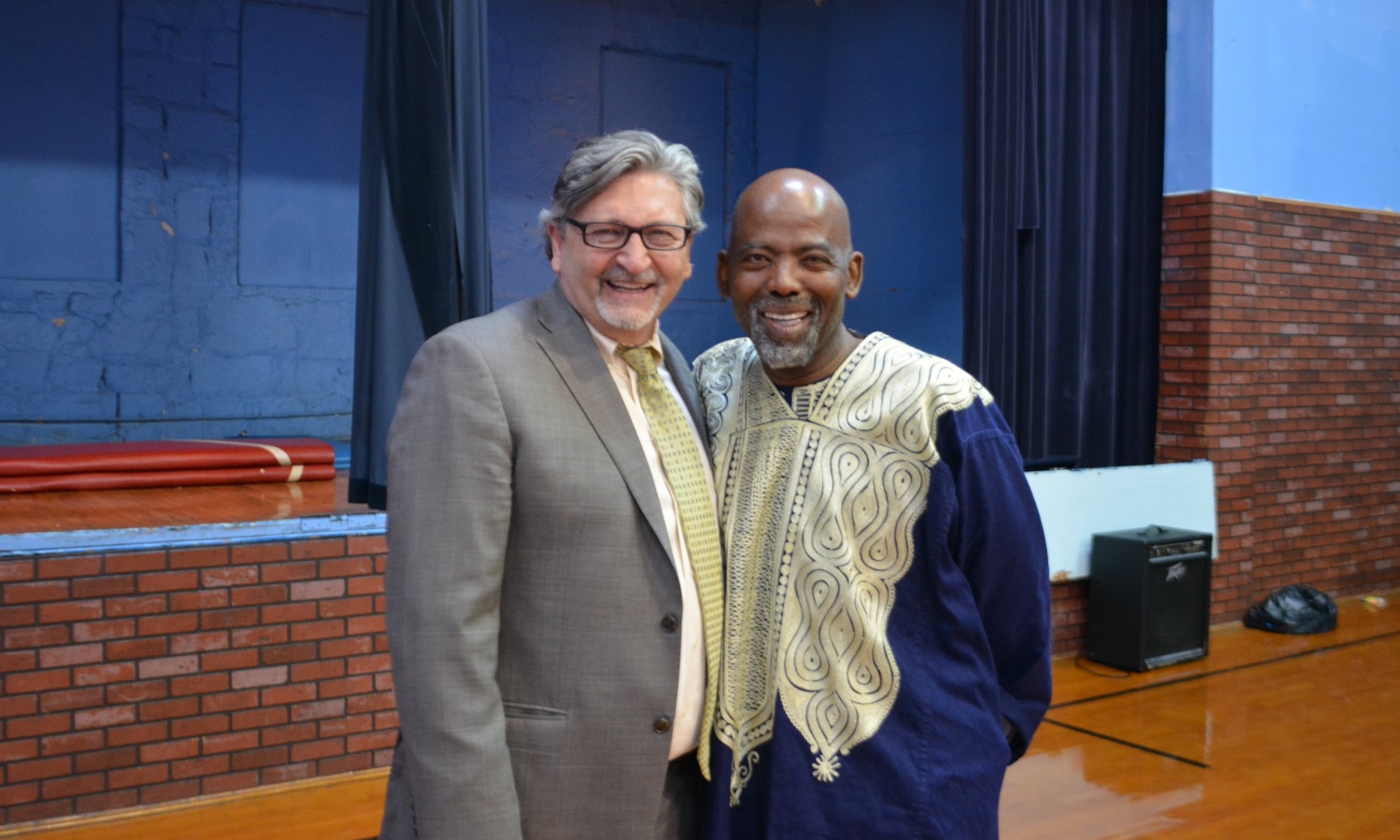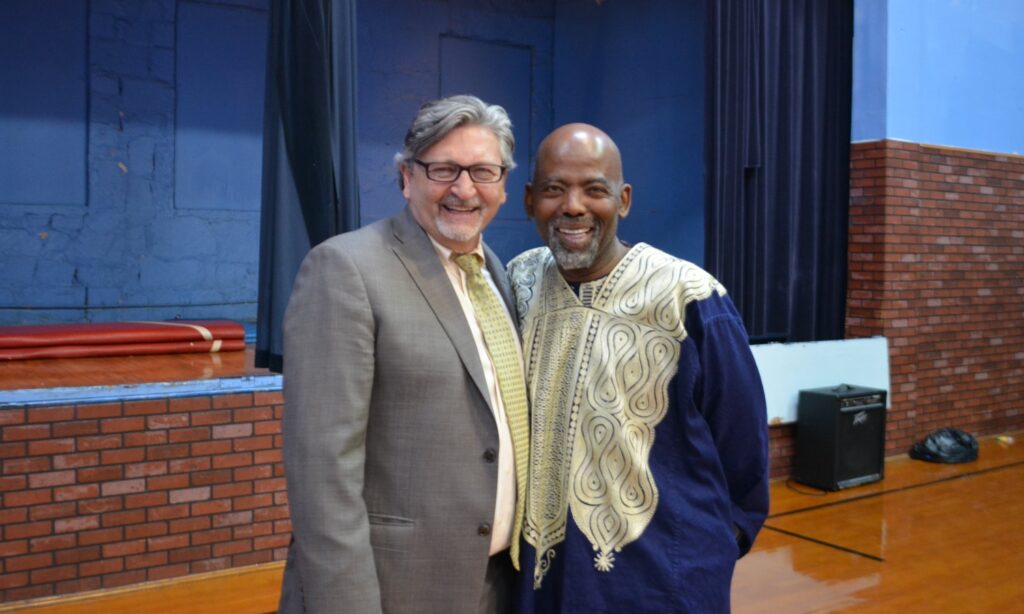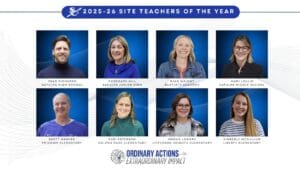The BTW Coffee Shoppe hosted a pre-planning seminar in the gymnasium of the BTW Rec Center, Sunday, March 19th, from 2:30 p.m to 4 p.m., with lunch being served from 1 p.m. to 2:30 p.m. Pastor Scott Gordon, Calvary Baptist Church, was the facilitator.
The first speaker was Attorney Andrew Townsend of Townsend Law office, who specializes in Estate Planning, Life, and Medicare advice.
Townsend explained the problems with putting property in joint tenancy with children due to the Capital Gains Tax. “That will avoid probate, but there is an issue with doing that, and that is Capital Gains Tax. For example, if I bought a house in 2000 and bought it for $100k, and I am getting older, so I put my children on the deed joint tenancy so that they will get the property when I pass away, when they sell that property, for say $200k, they are paying capital gains on that $100k unnecessarily.”
He went on to say that Oklahoma now has what is called a “Transfer on Death” deed that allows the surviving children to avoid paying capital gains tax because they receive the property at the appraised value at the time of taking possession of it.
Townsend listed other ways to avoid probate, such as forming a trust or putting a beneficiary on a bank account. He also explained what a DNR is (Do Not Resuscitate) and told the audience how to download a free advance directive on the State Attorney General’s website.
Pastor Gordon reminded people about the HIPAA (Health Insurance Portability and Accountability Act) law regarding patient information and that once he was unable to obtain information about his wife when she was in the hospital. It was pointed out that one should make sure his or her spouse or relative gives prior permission in order to access their health information.
Tom Dugan, owner of Green Hill Funeral Home, emphasized the need for pre-planning. “I tell people all the time, the best thing you can do for people you leave behind is to plan….The difference between sitting down with a family that has a prearranged funeral and sitting down with a family that doesn’t is monumental. People come in there without plans and they are lost.”

Dugan said that one of the hardest things that a family has to do is to simply pick out a casket. “It is amazing how long it takes for people to pick out a casket. It is not really the casket that is hard to pick out, it is making that final decision for your loved one.” He said that often people will know what church in which they wish to have the service and know who the pastor should be, but “it’s the details after that get difficult. Not all families get along real well, and sometimes that arrangement conference can be pretty heated.” He emphasized that if everything is written out, there is little room for argument.
Dugan pointed out that most pre-arrangement plans can be transferred to where one is living. He later discussed the pros and cons of the different types of life insurance, saying that the problem with whole life is that if one ends up in a nursing home with limited funds, someone has to keep paying the premiums.
The next speaker was Frances Reed, CEO of Fire Fighters Credit Union, explained her personal method for making sure all arrangements and instructions are easily found. She had loose-leaf binders which contained explicit instructions after her death, copies of pertinent documents such as insurance policies and car title, and photos of household items and what the original cost was and what the current value is. The actual document should be in a safe deposit box. Reed, along with Townsend, urged the audience to make sure one’s children or heirs have access to safe deposit boxes after they are gone.
The last speaker was Gary Carter, Dyer Funeral Home, who began his presentation by telling the audience they should know how much their insurance policies are worth. “You need to investigate what you have. Because you can’t tell me when that time comes, ‘I’m on my deathbed, oh I have $20k over her and over there.’ No, you can not.”
He also suggested that parents obtain a whole life insurance policy for their children while they are young because the payment will remain low, whereas a much older person needs a prepaid funeral plan.
The bottom line is that one should think about pre-planning before it is too late, and would be prudent to consult local professionals.










